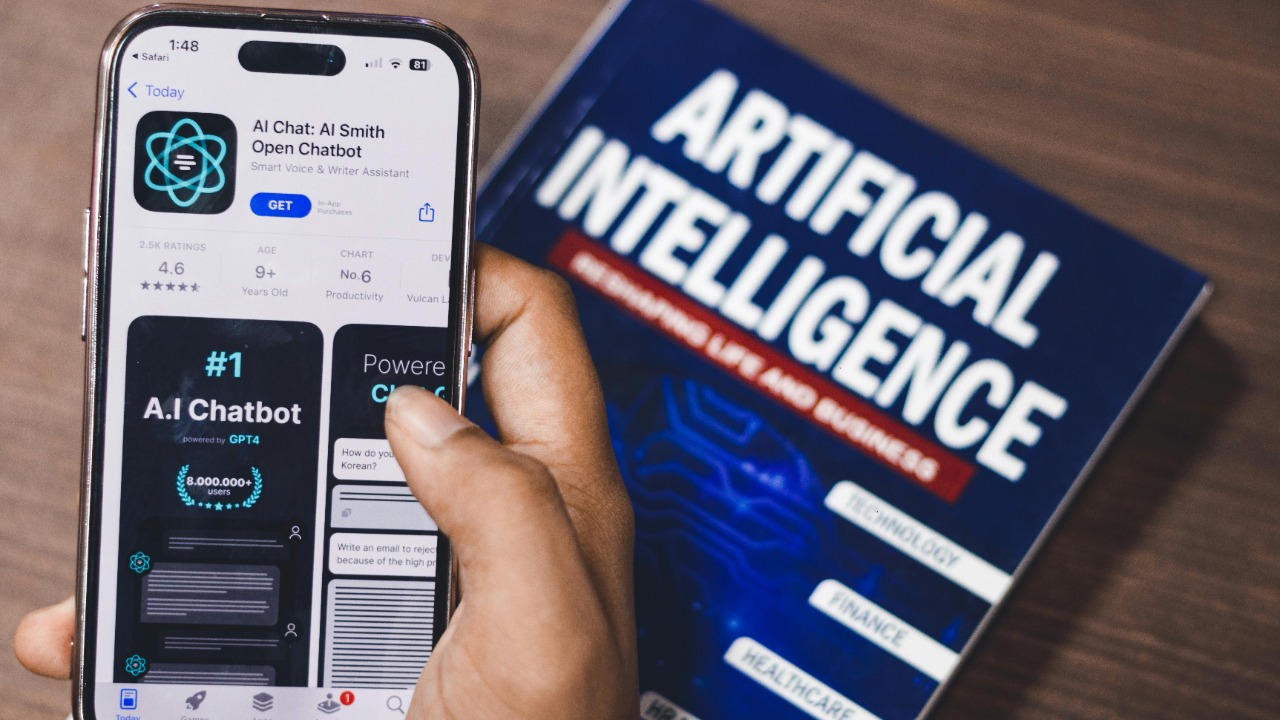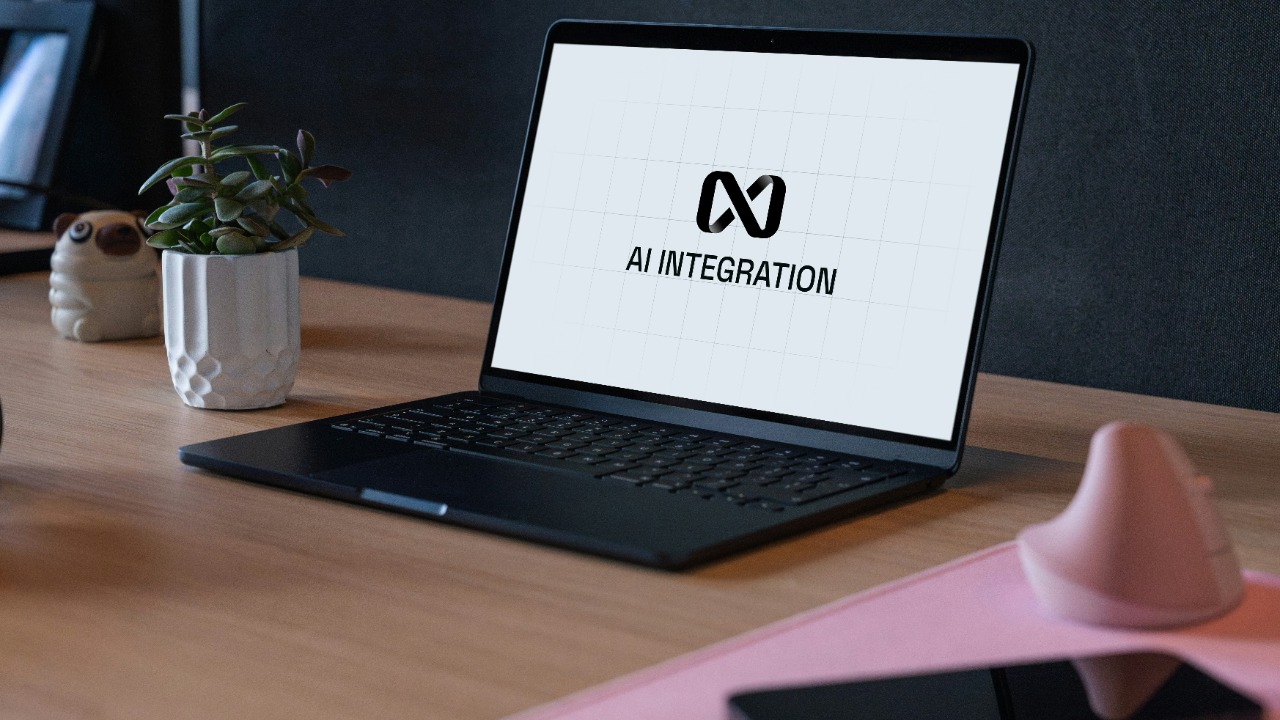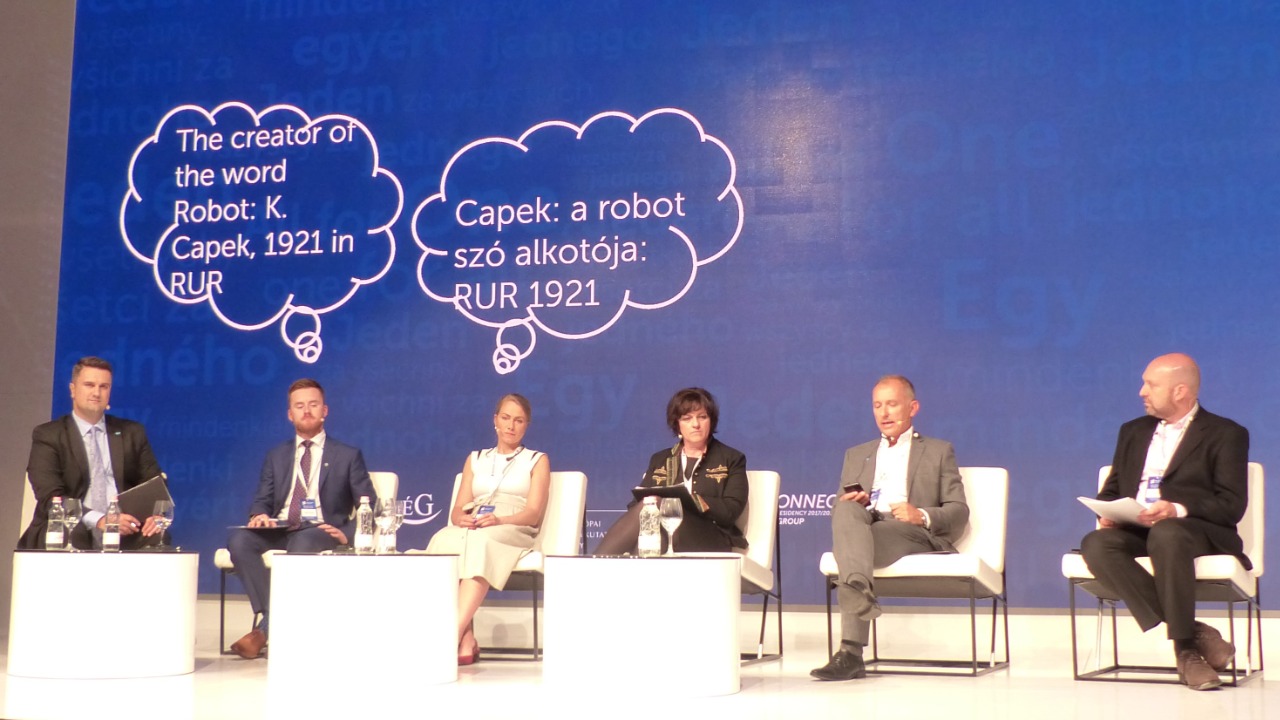
The perception of artificial intelligence (AI) as entirely separate from human influence is being challenged by recent insights, including those from Harvard University, which suggest AI may not be as artificial as its name implies. Additionally, the impact of AI on various industries, such as accounting, raises concerns about its integration and potential threats to humanity.
The Blurring Line Between Artificial and Human Intelligence

Recent findings from Harvard University question the artificial nature of AI, suggesting that the technology is deeply intertwined with human cognitive processes. This perspective challenges the traditional view of AI as a purely mechanical construct, highlighting the significant role human intelligence plays in its development. The research emphasizes that AI systems often mirror human thought patterns, which are integral to their design and functionality.
Moreover, the development of AI is heavily inspired by human cognitive processes, as explored in Cosmos Magazine. This connection underscores the idea that AI is not entirely artificial but rather an extension of human ingenuity. By mimicking human problem-solving and decision-making processes, AI systems are designed to enhance and augment human capabilities, blurring the line between artificial and human intelligence.
Furthermore, the integration of AI into human cognitive processes is not just a theoretical concept but is being actively explored in practical applications. For instance, AI is being used to simulate human-like decision-making in complex environments, such as autonomous vehicles and personalized medicine, where understanding and predicting human behavior is crucial. This symbiotic relationship between AI and human intelligence is fostering advancements that were previously thought impossible, pushing the boundaries of what machines can achieve when guided by human-like reasoning.
AI’s Impact on the Accounting Profession

The transformation of accounting practices through AI is a significant development, as detailed by CPA Journal. AI technologies are automating routine tasks, allowing accountants to focus on more strategic activities. This shift not only increases efficiency but also demands a new set of skills from professionals in the field. Accountants must now adapt to a landscape where data analysis and interpretation are becoming central to their roles.
While AI presents numerous advantages, such as improved accuracy and efficiency, it also poses challenges for the accounting industry. The integration of AI requires significant investment in technology and training, which can be a barrier for some firms. Additionally, there is a concern about job displacement, as AI systems take over tasks traditionally performed by humans. However, the potential for AI to enhance decision-making and provide deeper insights into financial data offers a compelling case for its adoption.
In addition to transforming traditional accounting roles, AI is also reshaping the educational landscape for aspiring accountants. Educational institutions are increasingly incorporating AI and data analytics into their curricula to prepare students for the evolving demands of the profession. This shift is essential for equipping future accountants with the skills needed to leverage AI tools effectively, ensuring they can provide strategic insights and maintain a competitive edge in the industry. The CPA Journal emphasizes that embracing these changes is crucial for the profession’s sustainability and growth in an AI-driven world.
Evaluating the Threat of AI to Humanity

Concerns about AI as a potential threat to humanity have been highlighted by West Virginia Watch. The rapid advancement of AI technologies raises questions about their impact on society and the potential risks they pose. Experts warn that without proper regulation and oversight, AI could exacerbate existing inequalities and create new ethical dilemmas.
Various perspectives and expert opinions on AI’s risks and benefits suggest a complex landscape. While some argue that AI could lead to significant societal advancements, others caution against the unchecked development of autonomous systems. The potential for AI to surpass human intelligence and operate beyond our control is a concern that necessitates careful consideration and proactive measures to ensure that AI technologies are developed and deployed responsibly.
Moreover, the ethical implications of AI’s rapid development are a growing concern among policymakers and technologists. As AI systems become more autonomous, questions about accountability and transparency become increasingly pressing. There is a need for robust frameworks that govern the ethical use of AI, ensuring that these technologies do not perpetuate biases or infringe on individual rights. West Virginia Watch highlights the importance of international cooperation in establishing guidelines that promote the responsible development and deployment of AI, safeguarding against potential misuse and ensuring that AI serves the broader interests of humanity.
Observations on the Evolution of AI

Key insights from the article “15 Observations About Artificial Intelligence” provide a comprehensive overview of recent trends and predictions for AI’s future development. The observations highlight the rapid pace of AI innovation and its expanding influence across various sectors. As AI technologies continue to evolve, they are expected to become more integrated into everyday life, driving significant changes in how we work and interact with technology.
These trends suggest that AI will play an increasingly pivotal role in shaping the future, with potential applications ranging from healthcare to transportation. The ongoing evolution of AI technologies presents both opportunities and challenges, requiring a balanced approach to harness their benefits while mitigating potential risks. As AI continues to advance, it will be essential to monitor its impact and ensure that its development aligns with societal values and priorities.
The Human Element in AI Development

The role of human thought processes in shaping AI technologies is a critical aspect of their development, as discussed in Cosmos Magazine. Human intelligence is not only a source of inspiration for AI but also a crucial component in its advancement. The collaboration between human and artificial intelligence is driving technological innovations that have the potential to transform various industries.
This partnership between human and AI systems is evident in the way AI technologies are designed to complement and enhance human capabilities. By leveraging the strengths of both human and artificial intelligence, we can develop solutions that address complex challenges and improve our quality of life. As AI continues to evolve, the integration of human insights and expertise will remain a vital factor in ensuring that these technologies are developed ethically and effectively.